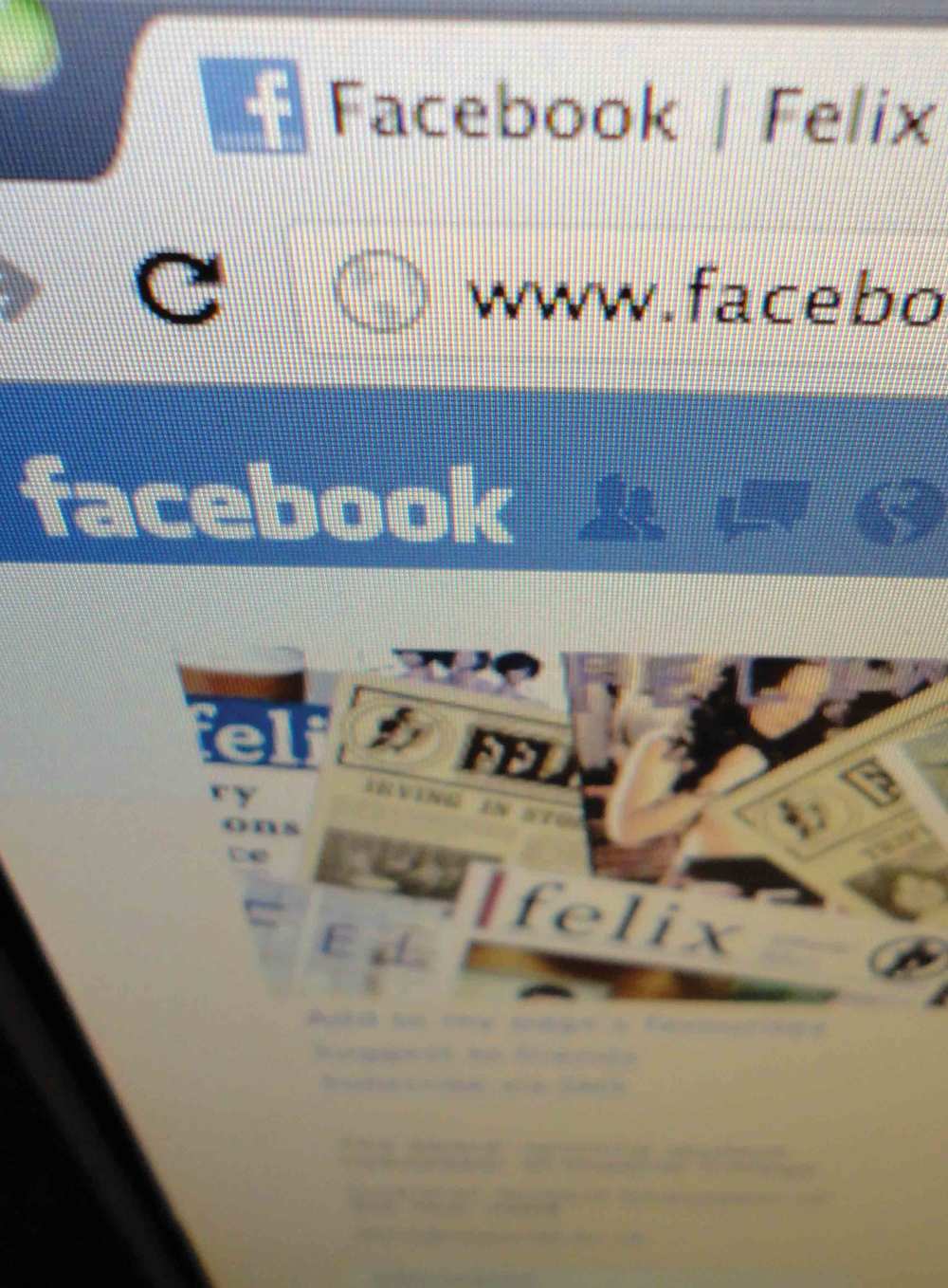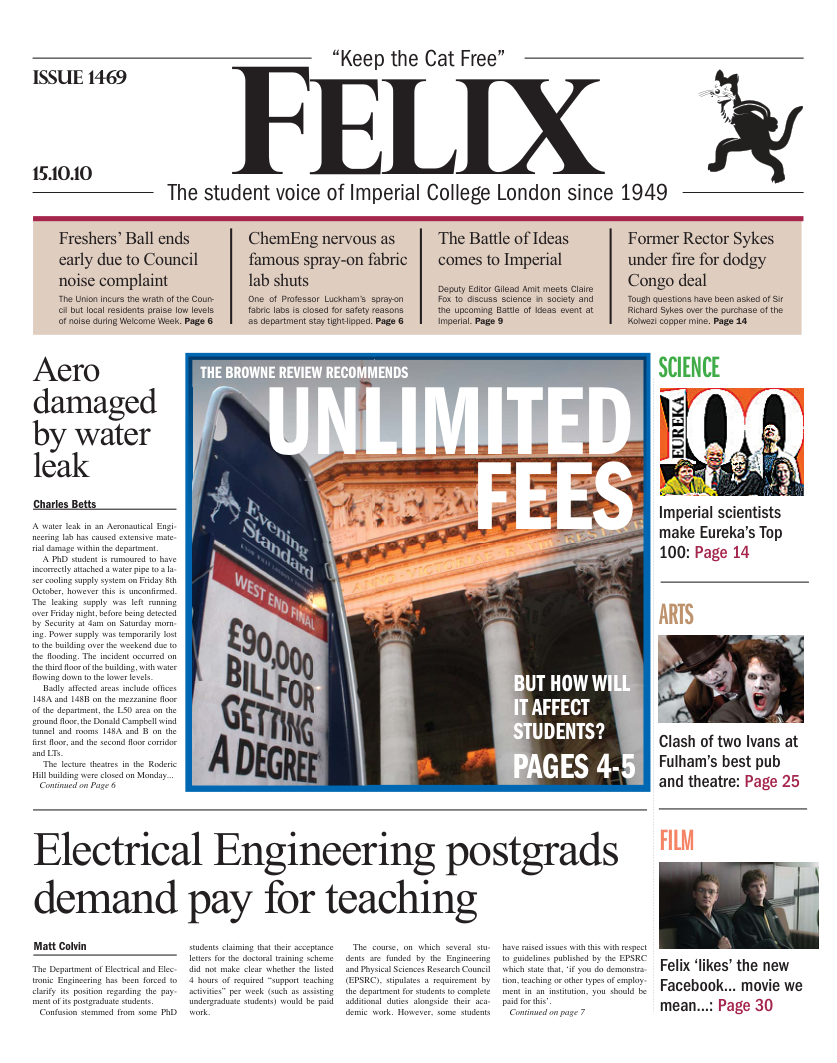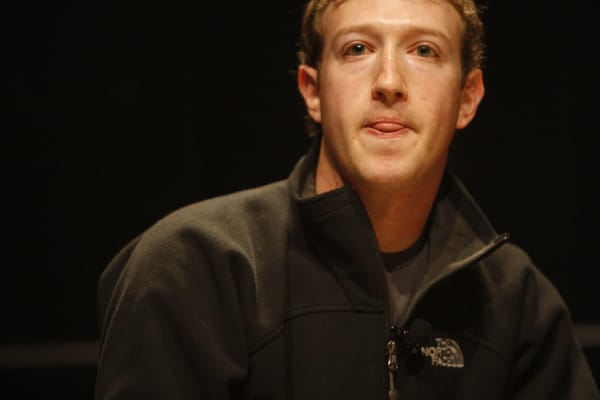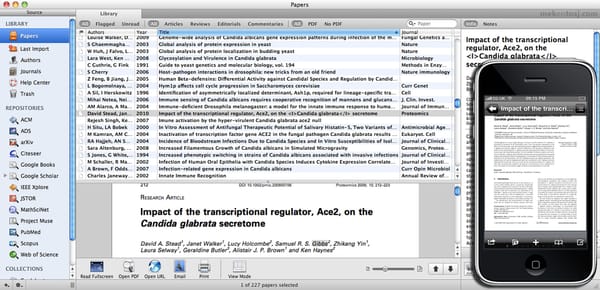Facebook: Revolution
From bedroom to billions – the social revolution in the second installment of our Facebook saga

Facebook is taking over the world. From the dorm-run social network exclusive to Ivy-Leaguers six years ago, today it boasts over 500 million users worldwide. That’s 13.7% of the world population.
As David Kirkpartick points out in The Facebook Effect, Facebook fills a gap in the online world because it is neither a dating site nor a professional site like its predecessors. It offers the complete social experience. Facebook allows us to literally ‘lift’ our social networks into the Internet.
Unlike Friendster or MySpace, we use our real identities on Facebook because our Facebook network mirrors that in the real world, a key to how Facebook revolutionized our social lives.
Gone are the times of mustering up courage to ask that pretty girl you met at the party for her number. ‘Friend’ her on Facebook instead. We now organize events via Facebook. We stay up-to-date with friends on Facebook instead of traditional email. As Sean Parker quoted in the new film on Facebook, The Social Network: “We used to live in villages, then we lived in cities, now we live in the Internet”.
On founder Mark Zuckerberg’s Facebook profile, he lists ‘openness’ as one of his interest. Openness is a core value of Facebook too, Kirkpatrick points out in his book. Besides connecting people, openness is also what made Facebook into the technology company valued at $33 billion, as reported in The Financial Times this August.
With 500 million users willingly inputting their personal information on Facebook, it is a gold mine for advertisers.
Facebook “takes the dynamics of one-to-one persuasion and scales it up to millions” Stanford Professor BJ Fogg
However, Facebook is revolutionary in the world of marketing because you and I list our interests, activities and favourites on our profiles. It is able to target ads with a demographic specificity not found in other web services. I could easily create an ad on Facebook that targets the estimated 3,620 men in UK between 18 – 26 years old, attends university, likes Star Wars, is interested in women and is single. Stanford Professor BJ Fogg points out in an interview with Fast Company that Facebook “takes the dynamics of one-to-one persuasion and scales it up to millions”.
The scale of it has certainly manifested in Facebook’s revenue. Business Insider estimated that in 2009, Facebook’s revenue stood at $550 million – $475 million of it comes from advertising.
Wall Street Journal says that Facebook forecasted their earnings to hit between $1.2 and $2 billion by 2010. Michael Arrington of Tech Crunch says that words are out from mid-level Facebook employees that the company’s revenue will top $2 billion this year. Words may be just words, but Facebook has a history of exceeding its own expectations.
Facebook is constantly innovating new ways to increase the amount of information shared and make easier the process of sharing. News feed turned everyone into a micro-blogger. Facebook Connect lets you use your Facebook profile on other websites; more info on your online behaviour for advertisers. The newly introduced Places now feeds your current location to Facebook. These new innovations are often wrought with controversy and backlash from users.
Already a revolutionary force its short six-year life - where will Facebook be heading next? Certainly the recent defection of top Googlers to Facebook and the coming on-board of Internet superstars hint at the immense potential of Facebook. Catch up with Facebook’s future in next week’s Felix, as I discuss whether Facebook has already peaked, or will soon become, the Big Brother of the Internet-connected world.









